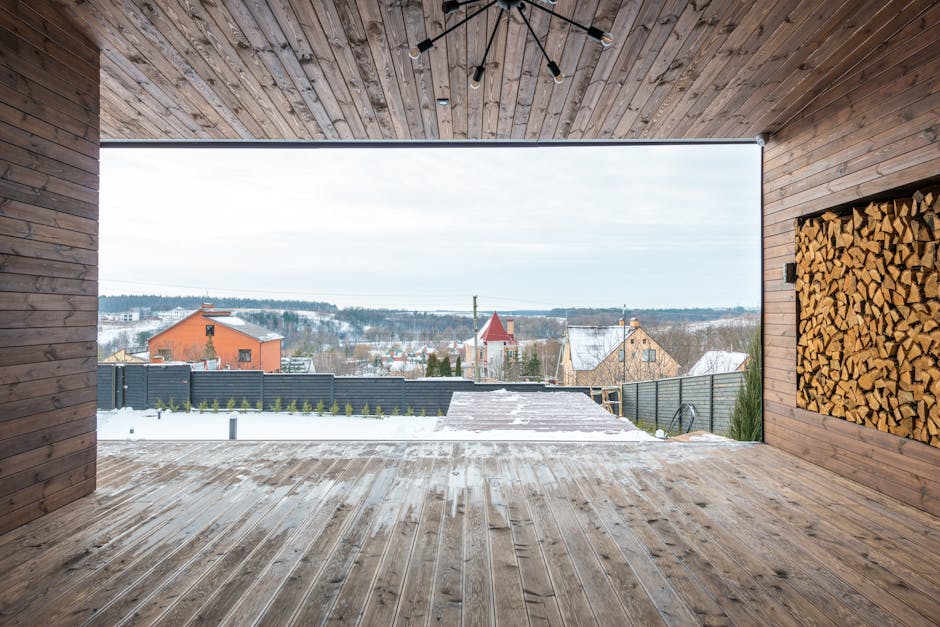Essential Planning Steps for Home Renovation
Essential Planning Steps for Home Renovation
Blog Article

Embarking on a home renovation project is an exhilarating journey filled with the potential for transformation and improvement. However, it can also present a unique set of challenges that may overwhelm even the most enthusiastic homeowner. With the right approach and reliable home renovation advice, you can navigate the complexities of renovation with confidence. From essential planning steps to budgeting tips and design ideas, this guide aims to equip you with the knowledge you need to make your renovation a success.
Essential Planning Steps for Home Renovation
Before diving into any renovation project, it's crucial to lay a solid foundation through careful planning. Start by setting clear goals for your renovation. What areas of your home do you want to improve, and what are the specific outcomes you hope to achieve? Whether it’s increasing functionality, enhancing aesthetics, or boosting property value, having a clear vision will guide your decisions throughout the process.
Next, develop a timeline for your project. While flexibility is important, establishing a rough schedule helps you stay organized and accountable. Break down the renovation into manageable phases, considering factors like design approval, materials procurement, and construction timelines. This structured approach will help you track progress and address any unforeseen delays effectively.
Budgeting Tips for Your Renovation Project
Budgeting is a critical aspect of any renovation project. Begin by determining your overall budget, including a contingency fund for unexpected expenses. It’s wise to allocate about 10-20% of your budget as a buffer for surprises that may arise during the renovation process.
Next, create a detailed breakdown of your expected costs. Include expenses for materials, labor, permits, and design fees. This level of detail will help you avoid overspending and keep your project on track financially. Additionally, it’s beneficial to research potential suppliers and contractors to compare prices and find the best value for your budget.
Keep in mind that certain renovations can yield a higher return on investment than others. For example, kitchen and bathroom remodels often provide significant value increases compared to other areas of the home. A well-thought-out budget will allow you to prioritize these high-impact renovations.
Design Ideas to Enhance Your Home's Aesthetic
Once your planning and budgeting are in place, it's time to explore design ideas that resonate with your personal style while enhancing your home’s aesthetic. Consider the architectural style of your home and seek inspiration from various design sources, such as magazines, online platforms, or even local showrooms.
For a modern touch, think about open-concept layouts that maximize space and light. Incorporating natural materials like wood and stone can add warmth and texture to your interiors. If you lean towards a more traditional style, classic cabinetry, decorative moldings, and rich color palettes can create an inviting atmosphere.
Don’t forget about outdoor spaces; landscaping and exterior enhancements can significantly impact curb appeal. Simple updates like new siding, fresh paint, or a stylish front door can transform the exterior of your home and set a welcoming tone.
Common Pitfalls and How to Avoid Them
Even with the best planning and budgeting, renovations can encounter pitfalls. One common mistake is underestimating the importance of hiring skilled professionals. While DIY projects can be cost-effective, certain tasks require expertise and experience to ensure safety and quality. Always vet contractors and seek recommendations to find reliable help.
Another pitfall is neglecting to communicate clearly with your team. Regular check-ins and open dialogue can prevent misunderstandings and keep everyone aligned with the project’s goals. Lastly, remain flexible and patient throughout the renovation process. Unexpected challenges may arise, but maintaining a positive outlook will help you adapt and find solutions.
In conclusion, effective home renovation advice revolves around solid planning, smart budgeting, and thoughtful design. By following these guidelines and being aware of potential pitfalls, you can create a space that not only meets your needs but also reflects your personal style. As you embark on your renovation journey, remember that preparation is key to a successful transformation. For more resources and support, consider exploring local professionals who can guide you through every step of your renovation adventure. You can find helpful services at this link.
Report this page